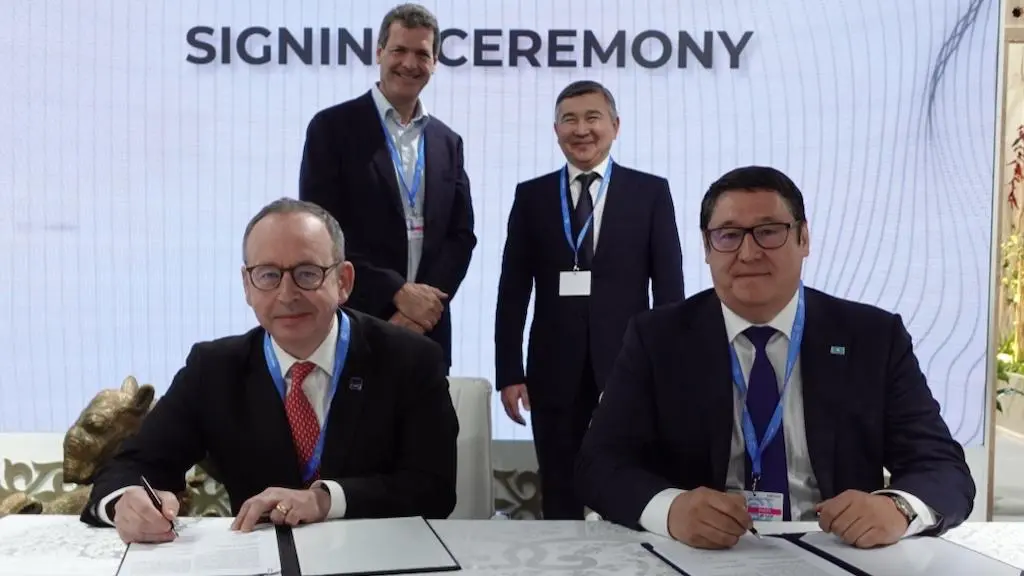The Asian Development Bank (ADB) and Kazakhstan have taken a step towards transitioning away from coal energy with the signing of a memorandum of understanding (MOU) at COP29. The agreement aims to advance the possibility of early coal plant retirements in Kazakhstan, under the bank’s Energy Transition Mechanism (ETM) program.

Through the MOU, ADB and the Kazakhstan Ministry of Energy will collaborate on a pilot project to explore pathways for significantly reducing the country’s greenhouse gas emissions. The initiative could involve decommissioning or repurposing coal plants to accommodate renewable energy technologies or other low-carbon alternatives. A feasibility study will evaluate the most suitable choices from a range of coal-fired power plants, combined heat and power plants, and heat-only boilers identified in earlier assessments.
“Keeping 1.5 degrees alive means moving away from fossil fuels and toward clean energy as quickly as possible—and ADB’s ETM program aims to do that in a way that considers each country’s energy and socioeconomic development needs,” said ADB Director General for Central and West Asia, Yevgeniy Zhukov. “As Asia and the Pacific’s climate bank, we are committed to helping Kazakhstan decarbonize its economy in a way that is just and inclusive, and we aim to demonstrate how the clean energy transition can be accelerated in Central Asia.”
Kazakhstan, a major coal consumer with one of the largest coal reserves in the world, generates about 70% of its electricity from coal, contributing to more than 80% of the country’s greenhouse gas emissions. The country’s long-term strategy for carbon neutrality by 2060 focuses on reducing reliance on fossil fuels and expanding renewable energy capacity.

“Kazakhstan will need to develop a new approach in the power, heating, and water sectors as a single technological system, and we rely on ADB’s support and experience,” said Kazakhstan’s Minister of Energy, Almassadam Satkaliyev. “I hope this program will demonstrate the technological shift and reliability of new systems through ETM, which can then be replicated in other plants and regions.”
In addition to exploring coal plant repurposing and early decommissioning, the MOU also outlines joint efforts to analyze the impact of these changes on Kazakhstan’s energy supply. The agreement emphasizes the importance of developing renewable energy generation, fostering regional energy trade, and building capacity through consultations and best practice sharing.
The ETM program, designed to scale and replicate, combines concessional and commercial funding to accelerate the transition from coal and other fossil fuels to clean energy sources. ADB’s continued commitment is aligned with its mission to achieve a prosperous, inclusive, resilient, and sustainable Asia and Pacific, while also tackling extreme poverty. Established in 1966, ADB has 69 member countries, 49 of which are from the region.
Follow Daryo's official Instagram and Twitter pages to keep current on world news.
Comments (0)